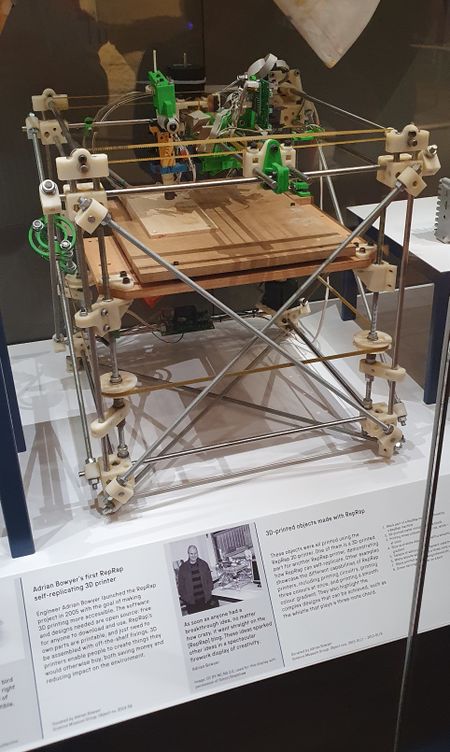Phoronix: ReactOS Is Finally Able To Build Itself
ReactOS, the "open-source Windows" operating system re-implementation, is now able to finally self-host itself in fully compile ReactOS from ReactOS...
ReactOS, the "open-source Windows" operating system re-implementation, is now able to finally self-host itself in fully compile ReactOS from ReactOS...



Comment